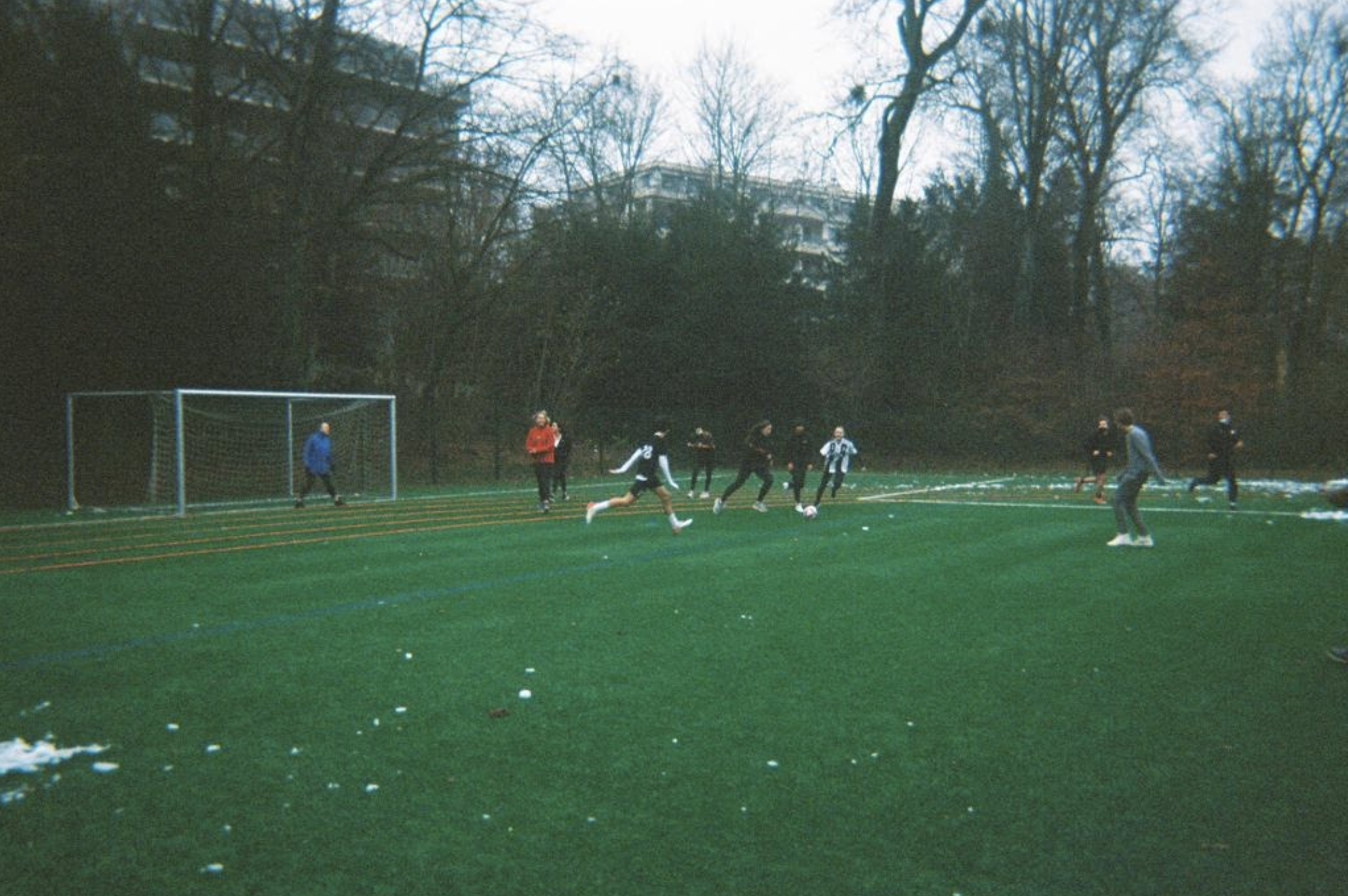By Sabine Ebanks, year 12
Each year, a new cohort of students begins the IB diploma with a mixture of anticipation, anxiety, excitement (perhaps in some cases?), and just plain fear. Though every rising year 12 has heard countless stories of the trials and tribulations of the IB, it can still be very difficult to feel prepared. So to ease some of that stress, here are seven tips that students wish they had known before starting the IB.
- You have to actually start doing the homework
As Eli Bertuccioli, who recently graduated from the Class of 2022, explained, you have to actually start doing the homework from your classes, even if you might not have been doing so in year 11. A group of year 12s agreed with this sentiment, saying “you have to devote time to actually studying.” You learn quite quickly in year 12 that not putting any effort in outside class is going to have some very poor consequences, especially in certain subjects.
- Trust your instincts when it comes to switching classes
Even though students have to choose their IB subjects in the winter of year 11, switching subject choices, either during year 11 or at the beginning of year 12, is perfectly normal. It is also not really discouraged by the administration, as long as it is done before the October holiday of year 12. Personally, I switched from taking Economics HL to Chemistry HL, dropping Economics to SL, in the third week of school, and I think it may have been the best decision of my IB. So, trust your instincts in the first few weeks of class: if you think you want to switch subjects, go for it – you will probably thank yourself later.
- Grades matter all year
Pay attention to your grades from the very first assessment you get. In particular, a group of year 12s heavily emphasized that grades throughout the year will impact your predicted grades, which you use to apply to universities, and carry particular weight in the UK.
- Take the year 12 exams seriously (and do past papers!)
This one is not exactly a big secret, as every year 12 will hear from administration multiple times in the spring how important their exams are, but it is true: year 12 exams play a significant role in determining the aforementioned predicted grades, and are also one of only two opportunities students get to practice for the real IB. Therefore, it is a good idea to start studying for the exams early (read: the beginning of May) and to do so consistently. A group of year 12s also stressed how important it is to actually do past papers and practice questions for exams so that you are prepared for the types of questions you would actually be asked.
- Read the IB subject guides
The IB subject guide is the best way to understand how you will be assessed in year 13, which allows you to start framing what you are learning in the context of how you will eventually use it right from the first day of year 12. Also, one of the most useful pieces of advice I have received about the IB is that you cannot necessarily expect your teacher to cover absolutely everything you need to know for the entire curriculum. Take responsibility for your own learning and spend time going through the subject guide, especially for subjects with different types of questions like math, and understand what you are expected to know and the ways that you can be assessed on a question. It takes a bit of time, but you will thank yourself when you know how to answer a question on the exam you did not cover in class!
- Figure out a plan for CAS in the first semester
You will have to complete CAS to pass the IB, but it really does not need to take up that much of your time if you plan it out well. Try to figure out a plan for all the CAS experiences you will need in the first semester of year 12 so that you will not have to worry about things as work begins to get more intense in the second semester. In particular, figure out your CAS project, or at least an idea, before the December holiday. That way you will not end up worrying about your CAS project during spring and exams because trust me, that will be the last thing you want to be thinking about (sadly I know this firsthand).
- Finally, the IB is an “experience”
Eli also explained that you learn much of the dos and don’ts of the IB simply through experience, and he said “expect the experience to be painful” at times. On the contrary, Mr. De Wilde says that the IB does not have to be stressful if you manage your time well (although I have yet to meet any student who agrees with that).
Overall, good luck to everyone! You will be fine. Probably. As long as, according to one year 12, you don’t take math HL.



